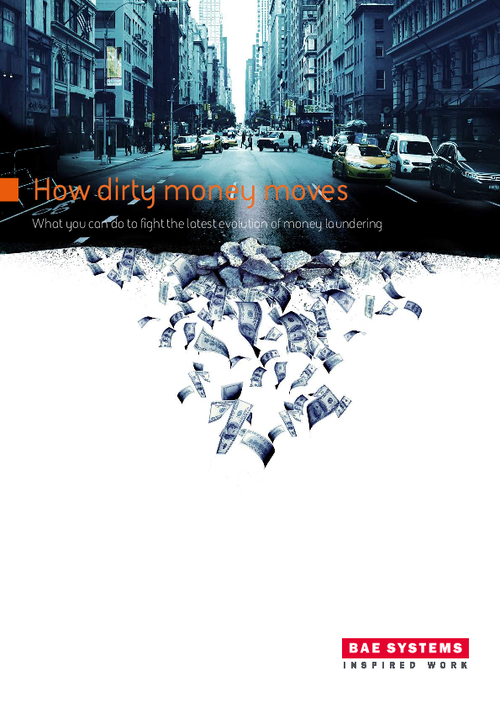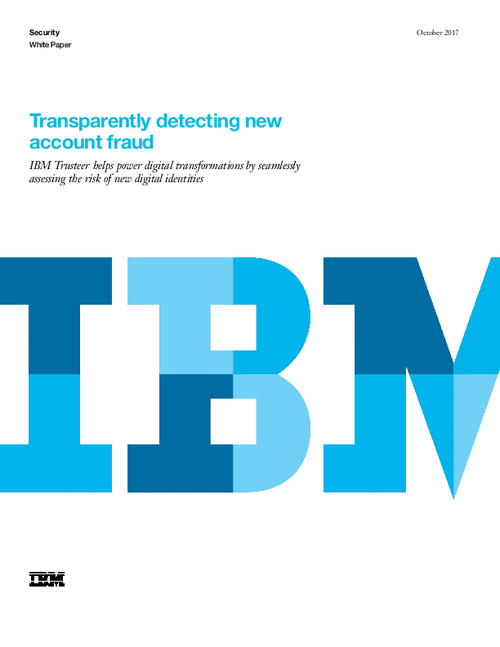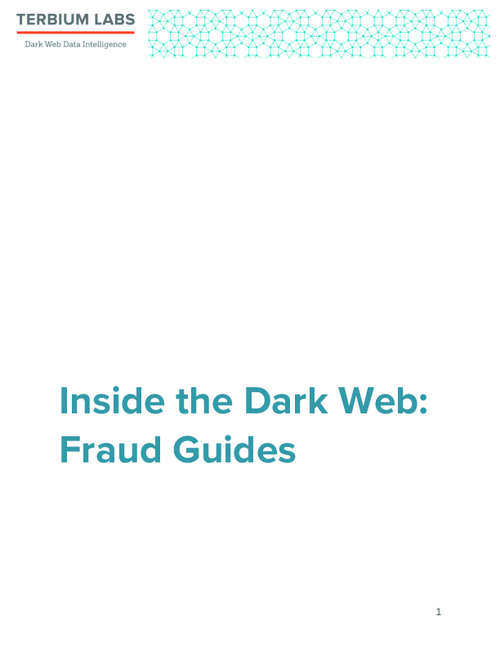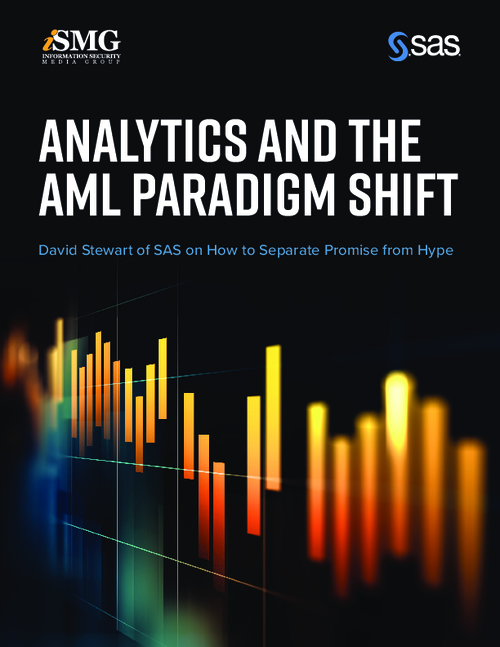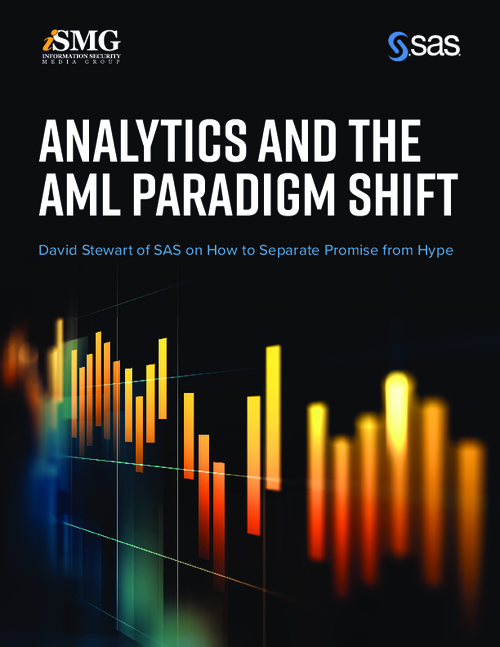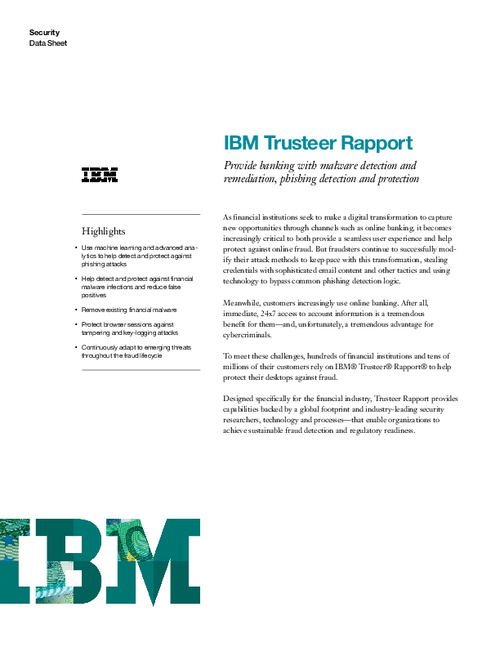Anti-Money Laundering (AML) , Governance & Risk Management , Standards, Regulations & Compliance
Terrorist Financing a Growing Worry for U.S. Banks
New AML Reg Proposals Push Banks to Enhance Transaction Monitoring
Growing worries about the use of the U.S. financial system to launder funds for terrorists has spurred proposals for new state and federal regulations aimed at tightening money-laundering controls.
"If you look at what's been happening in terrorism around the world, ISIS is an example of a terrorist organization that is now becoming sufficiently institutionalized in terms of its access to natural resources and substantial amounts of money," says cybercrime attorney Lauren Resnick, a former assistant U.S. attorney for the Eastern District of New York, where she led the computer crimes and intellectual property section. She now works at the law firm BakerHostetler.
"So, the view is that terrorist financing is hitting a new stage. And while individual acts of terrorism are not necessarily costly, we have major organizations around the world that may want to access the U.S. financial system because they have significant amounts of capital to invest. That is a big concern among the players in the financial industry, as well as the regulators."
State and Federal Regulatory Changes
In an exclusive interview with Information Security Media Group, Resnick explains how proposed state and federal regulatory changes for Bank Secrecy Act compliance are spurring banks and other financial services firms to use intelligence and anomaly detection to more proactively detect suspicious activity.
"Many of the major banks have actually developed intelligence divisions alongside their anti-money-laundering compliance groups, that are composed of former military and law enforcement intelligence officers, to conduct data analytics, to make sure that they're looking at trends in the transaction activity that is proactive, and not simply reactive, to identify any potential nexus or contact with known terrorist organizations," she says. "So it's taking on a new level of both financial commitment and resource commitment at many global banks."
The Financial Crimes Enforcement Network in August proposed rules that would require investment advisers, including certain hedge funds and private fund managers, to establish anti-money-laundering programs and report suspicious activity - basically requiring that investment advisers comply with the same Bank Secrecy Act requirements as banks and other financial entities. And in December, the New York State Department of Financial Services announced proposals for new AML and terrorist financing regulations that would require senior financial executives to certify the effectiveness of AML systems.
New York's proposed regulatory oversight aims to address perceived shortcomings in Bank Secrecy Act compliance programs, Resnick says.
During this interview (see audio link below photo), Resnick also discusses:
- Why regulators want to see banks investing in "meaningful" transactions monitoring that uses a rules-based approach;
- How AML departments and staff are viewed as being more critical to business operations than they were three years ago; and
- Why steep BSA fines have helped AML departments acquire bigger budgets to fund transaction monitoring systems.
Resnick is a member of the white collar and corporate investigations team at the law firm BakerHostetler. She is regularly retained by executive management and audit committees of Fortune 500 corporations to conduct internal investigations on FCPA; AML; trade sanctions and OFAC; securities fraud; accounting; and employment matters, and to provide advice about cybercrime issues. She was a two-time recipient of the Department of Justice Director's Award for Superior Performance.

